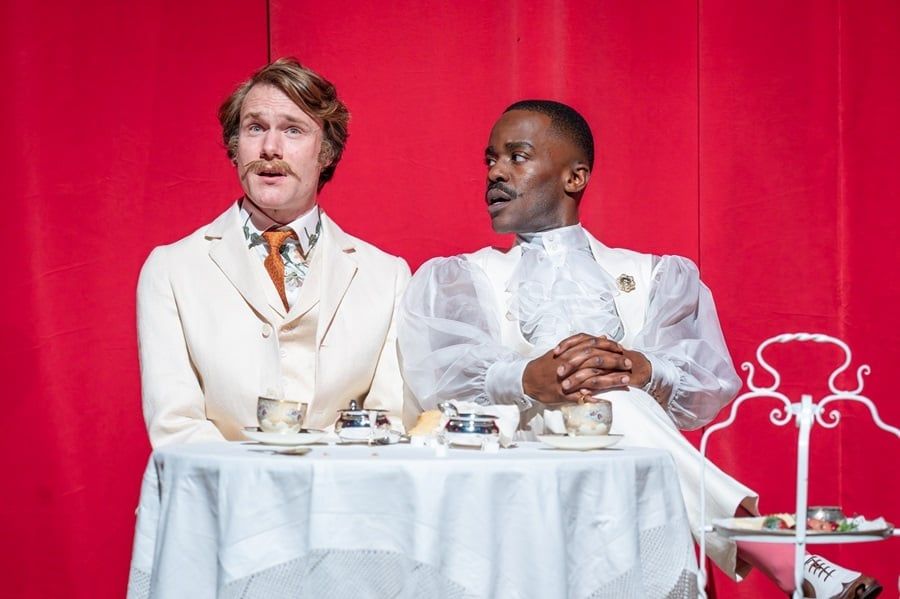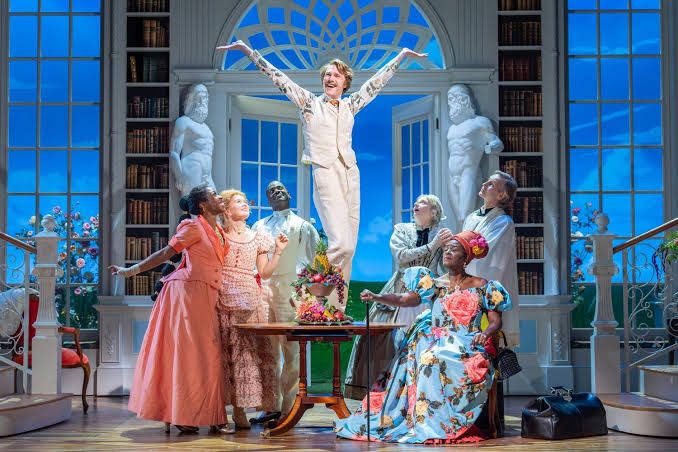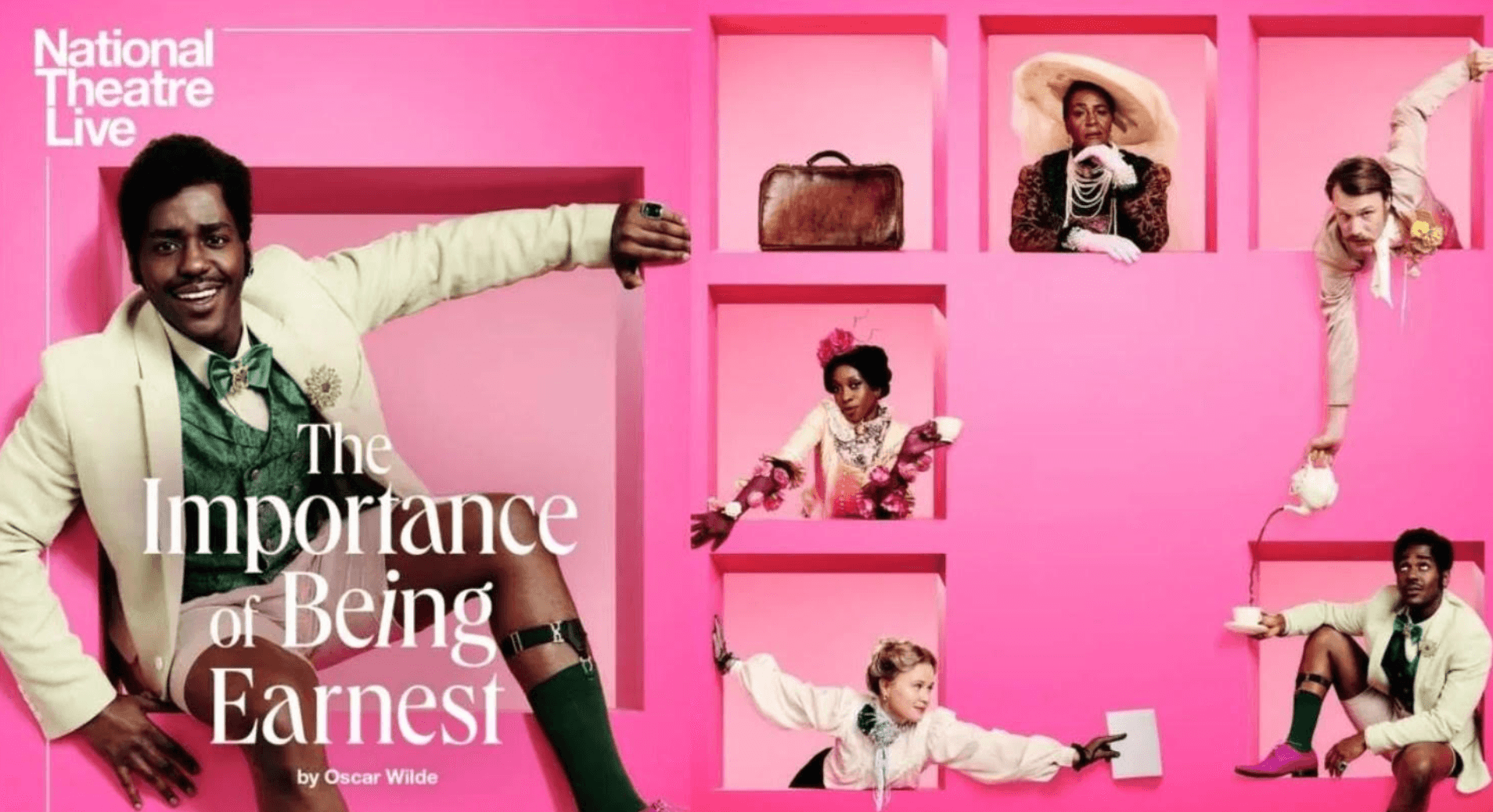When gay was also happy, and being funny: A review of 'The Importance of Being Earnest'
At A Glance
- When you realize it was written in 1895, this truly wonderful and witty play gets high marks for being cutting, bitchy, hilarious, and still so truthful and honest.

Oscar Wilde’s The Importance of Being Earnest has always been one of my favorite examples of comedy theater that ages well. When you realize it was written in 1895, this truly wonderful and witty play gets high marks for being cutting, bitchy, hilarious, and still so truthful and honest.
While one can say some of the sentiments and customs are dated. In the late 19th century, it’s just as pertinent to note how human vanity, self-regard, deception and duplicity, obsession with status and money, and the search for Love, are all still part of today’s social fabric.
The crazy thing is that this National Theatre Live production just ended its run in January 2025, and it was celebrated for being such a lively, camp, yet ‘faithful to the original text’ revival. Certain liberties could be taken with contemporary song lyrics or references to gay bars of today, but they’re done harmlessly and add to the humor and hilarity quotient.

Leading the cast as Algernon is Ncuti Gatwa, the current Doctor Who, and would be best remembered by Filipino audiences for his role in the Netflix series Sex Education, as the gay African-British classmate. To see him playing a Victorian man about town/dandy is quite the revelation. And there’s Sharon Clarke, a three-time Olivier Award winner, taking on the role of the imperious, social-climbing Lady Bracknell. In the 2002 film version, Judi Dench played Lady B, and Clarke now dons the role with a posh Jamaican accent, which is a sight to behold.
The storyline is intact, two London gentlemen assume double identities when in the country, to have the freedom to behave in a certain way with no social obligations or expectations getting in the way. They thoroughly enjoy these alter egos, and Algernon refers to the practice as ‘doing a Bunbury’. And Jack concurs.

It’s when the lads fall in Love with Cecily and Gwendolyn respectively, that the plot thickens, as somehow, in all the confusion and double identities, both girls believe that they’re engaged to an Ernest - hence the play of words in the title.
It’s good to recall that this was the last play Wilde wrote and staged before his imprisonment for homosexual acts. After his release four years later, he was exiled to Paris and wrote no more comic or dramatic works.
The gay, queer aspect of the play has been delightfully ramped up, so one can even imagine Oscar Wilde beaming from beyond, happy to see this being presented with no restraints. Catch this production when it’s shown in Trinoma and Ayala Cebu, and thanks again to the CCP for bringing these theater gems to our screens. It’s a joyous two-hour-and-a-half-hour parlor room comedy at its best!